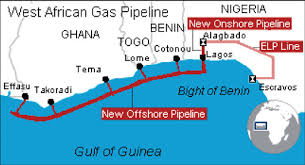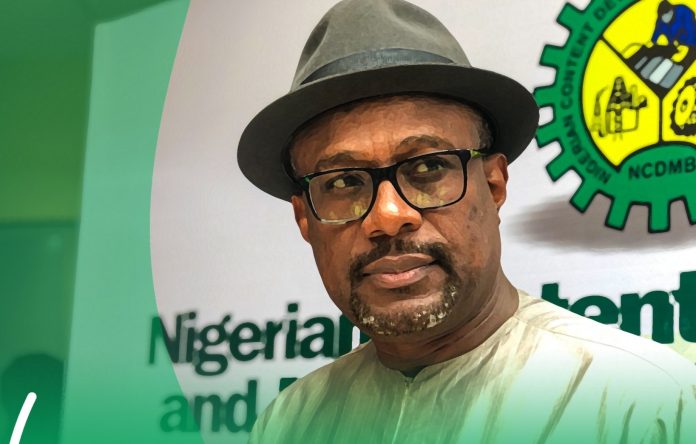Beginning from last week Friday, Energy Ministers of four partnering West African nations made up of Nigeria, Benin, Ghana and Togo, had been meeting in Accra to resolve issues bordering on tariffs for gas from the West African Gas Pipeline (WAGP).
Whereas the meeting is expected come up with a solution to an impasse between the West African Gas Pipeline Company Limited (WAPCo) and the West African Gas Pipeline Authority (WAGPA), who are developing a new tariff methodology, it is believed that the summit will among others, unveil a template that will allow the tariff quantum to be set and effected by 1st January, 2019.
Key targets of the ministerial meeting include finding sustainable solutions for the availability of gas, at affordable price and the best way to recover arrears from the gas exchanges.
Explaining more to Business Hilights Ghana Bureau chief in Accra on Monday, Managing Director of WAPCo, Mr. Walter Perez, said the new tariff review cycle was critical to all parties in the gas value chain as it set the stage for the future development of the market for pipeline gas in the West African sub region.
According to him, the new tariff methodology was being developed to accommodate multiple entry and exit points along the pipeline, including the reverse flow from Takoradi to Tema.
He averred that “If I’m to speak frankly, I will say that whether or not we will reach an agreement before January 1 remains an enormous question in my mind,” he said.
While appealing to the Ministers to broker a win-win solution, which would allow them to move ahead with the commercial framework needed to actualise the reverse flow and bypass projects, he assured that WAPCo, was committed to moving beyond this stalemate.
Earlier in his remarks, Ghanaian Minister of Energy, Mr. Peter Amewu, stressed the need for the tariffs to be competitive, saying gas would become a hard sell if the Delivered Gas Price, compared to other alternative fuels, was prohibitive.
Amewu, who cautioned WAPCo against assuming that there was a captive market which would wholeheartedly accept any rates charged, he said Ghana had made it clear to WAGPA during the TP3 Consultative process that should Ghana consider the building of an alternative onshore pipeline, it may become a strong competitor to the WAPCo.
“WAPCo should, therefore, not create a valid business case for Ghana to go that route to build an onshore pipeline from Takoradi to Tema,” he stated.
Stakeholders urged WAPCo and others to cooperate to ensure that a workable tariff was agreed that would be ‘attractive and economical for all parties’ as well as sustainable over the long haul.
Speaking on the need to resolve the gas pricing impasse, Mr Sediko Douka, ECOWAS Commissioner for Energy and Mines, said ECOWAS, was undertaking a number of initiatives to address the energy challenges in the sub region, which required the availability of gas.
Some of the projects include the newly developed ECOWAS Master plan for power generation and Transmission from 2019-2033.
Douka averred that “The master plan, he noted, included 75 regional projects to produce about 15.5 gigawatts (GW) of energy, 31.1 percent of which would be thermal power plants using natural gas.
“Today’s meeting has to find sustainable solutions for the availability of gas, at affordable price and the best way to recover arrears from the gas exchanges,” he stated.
Efforts to speak with Nigerian representative at the meeting failed. Nigeria remains a key stakeholder both in the supply and use of gas for industrial purposes in West Africa.







